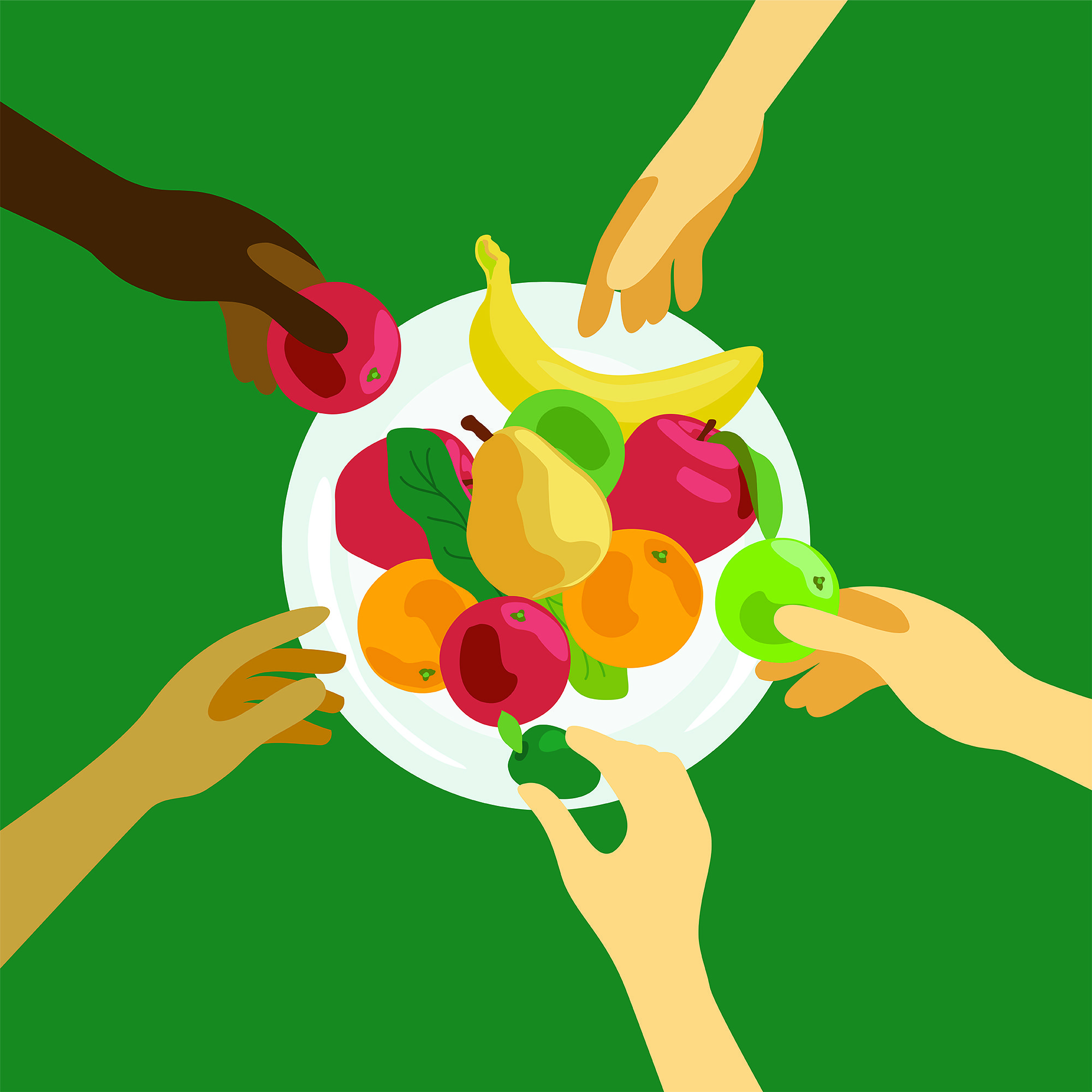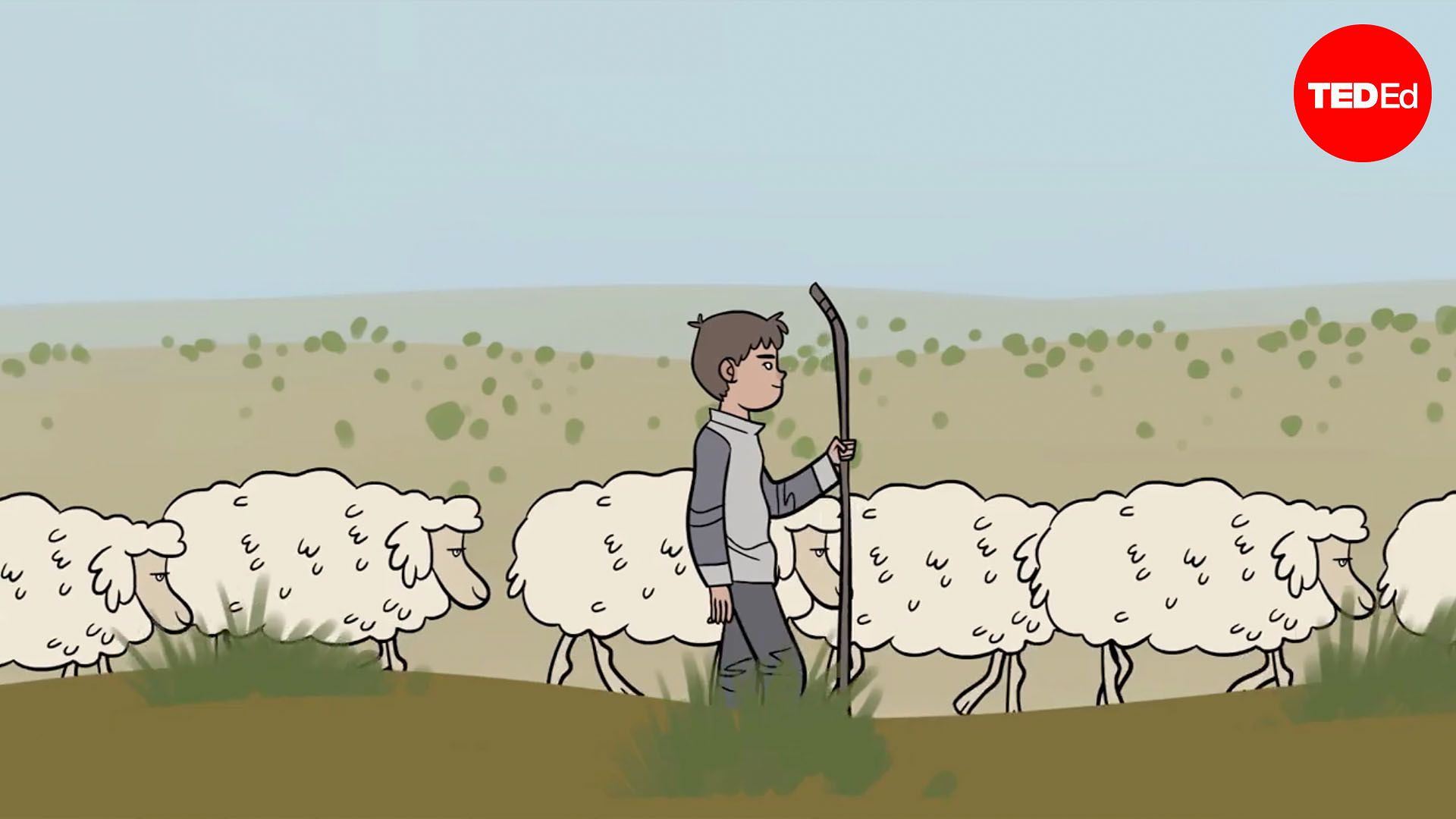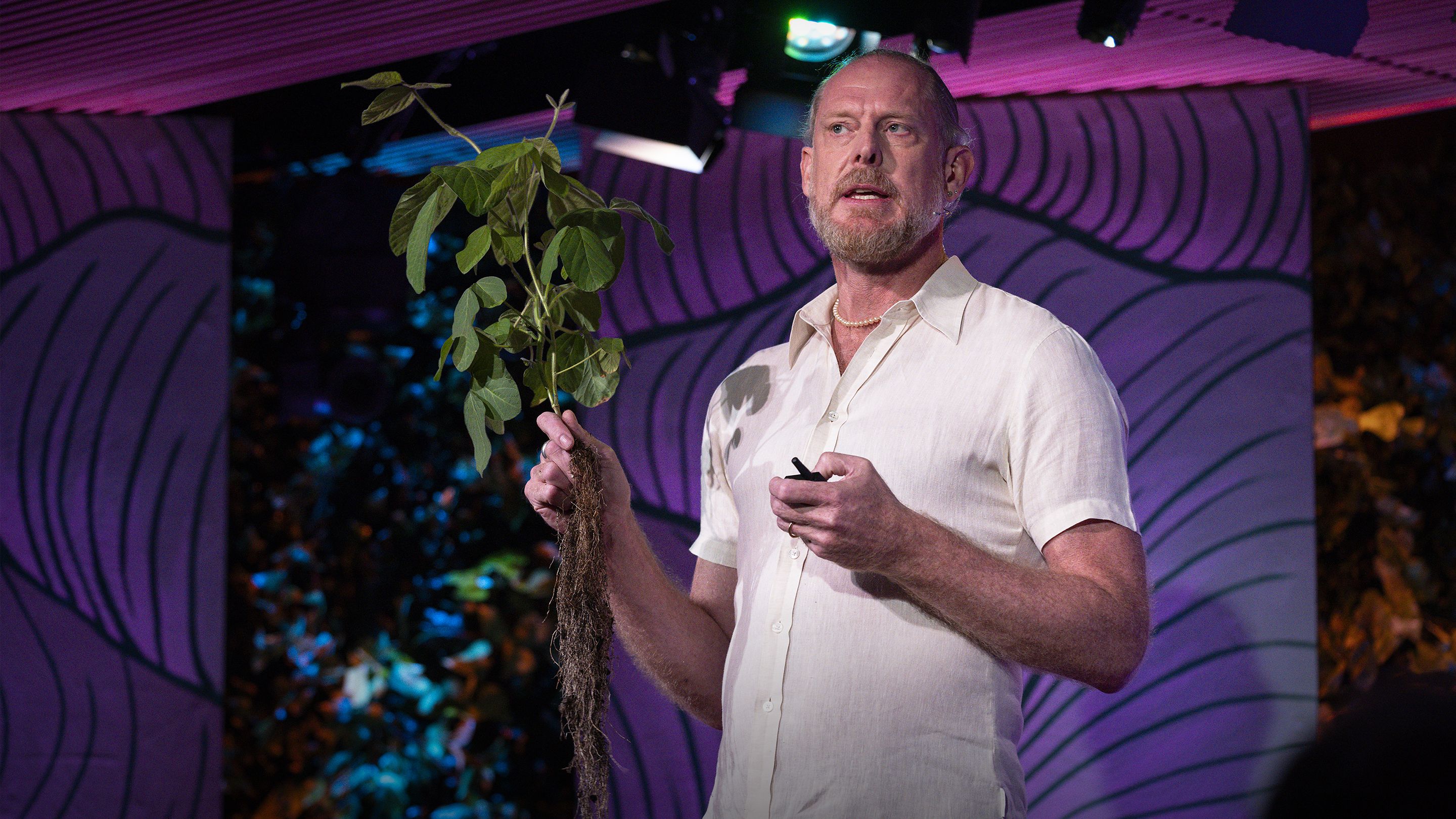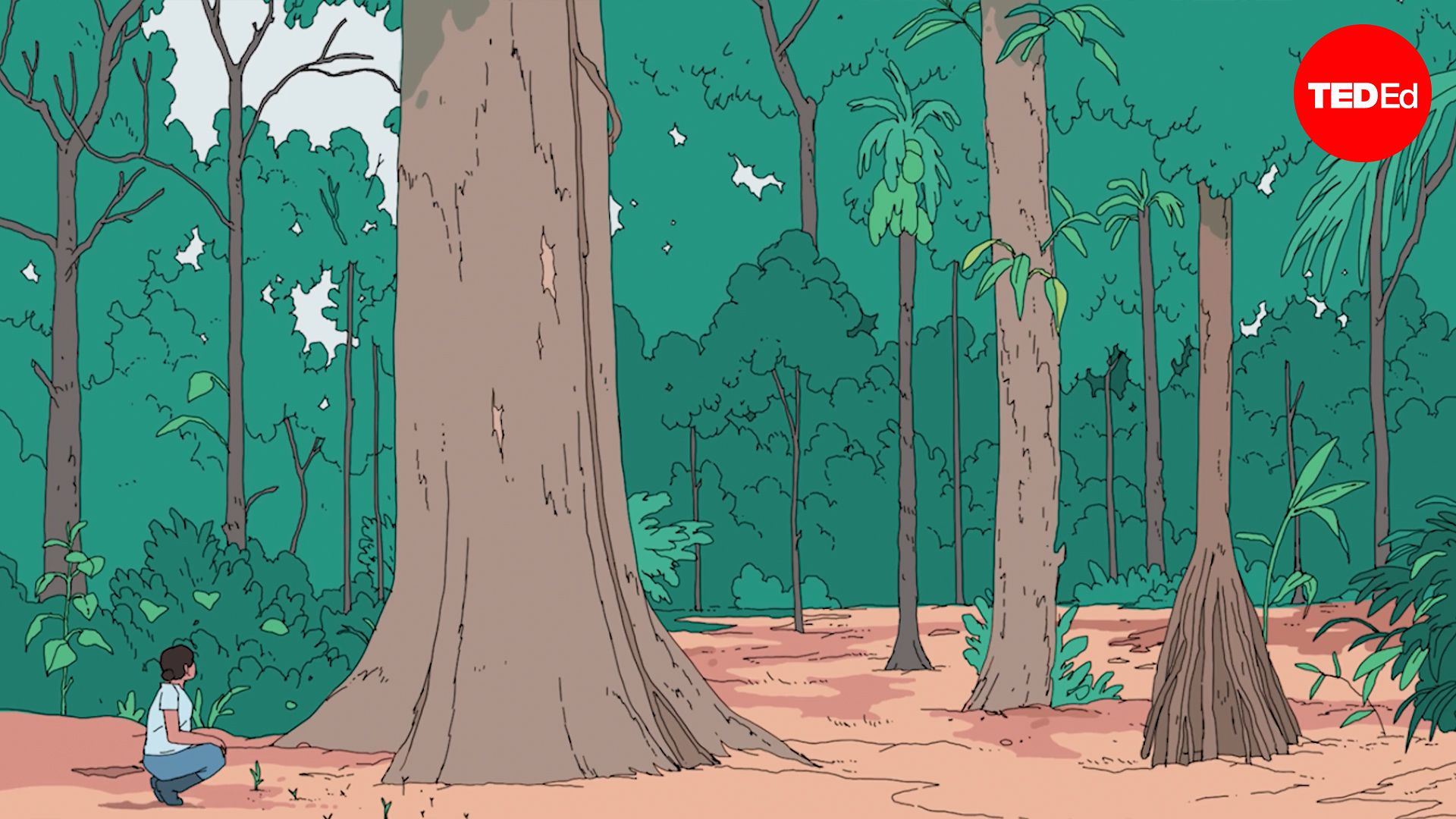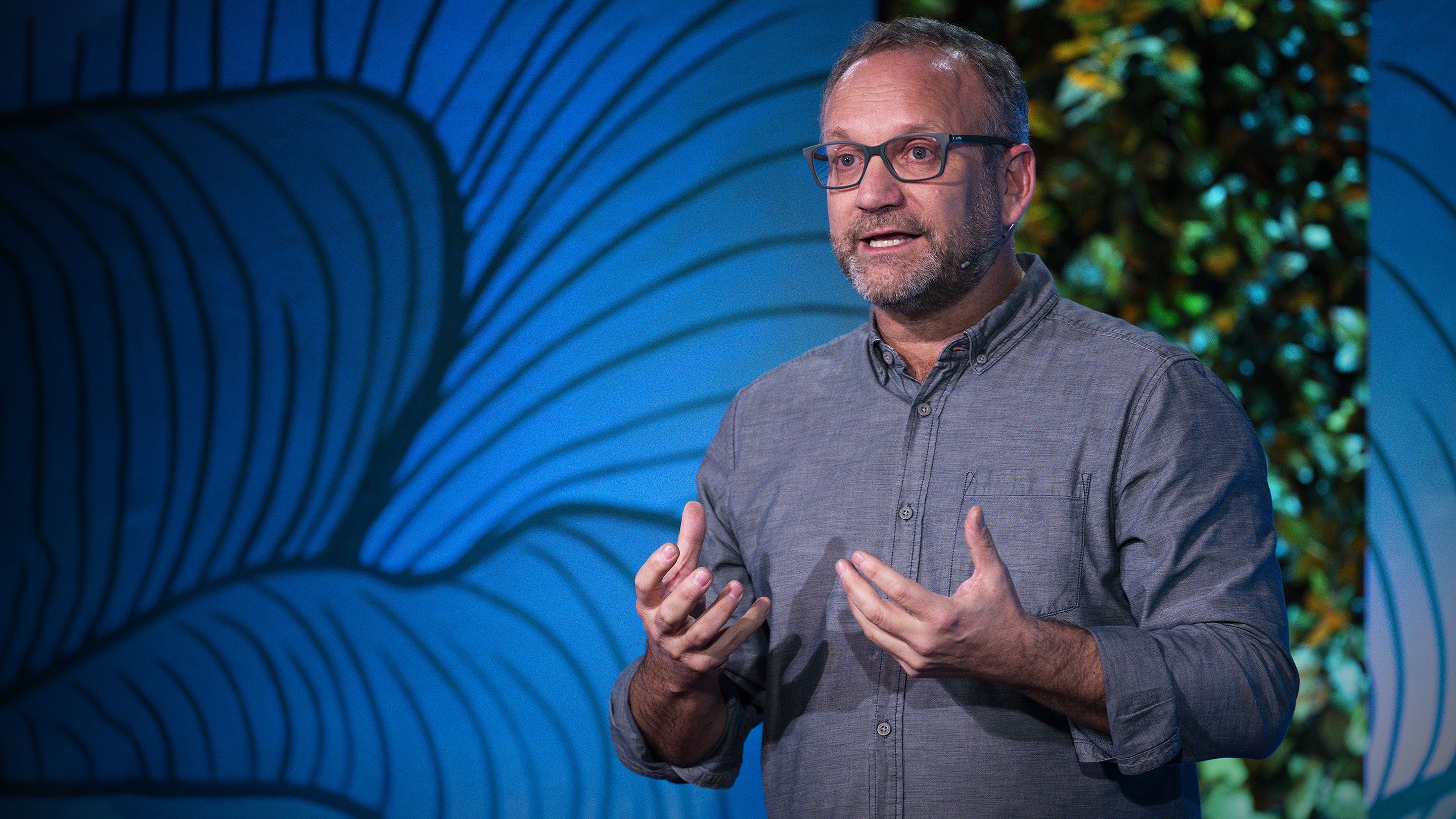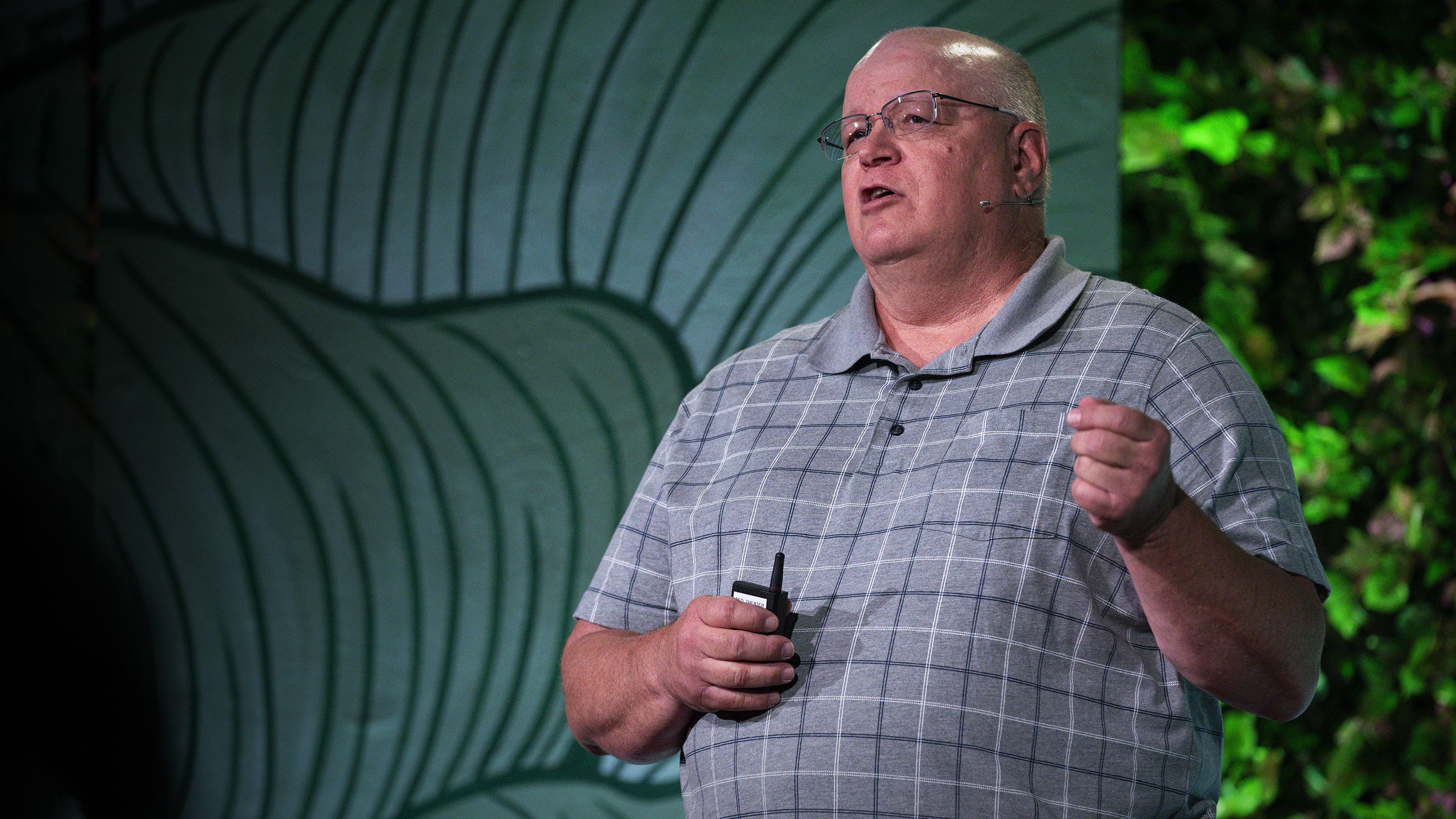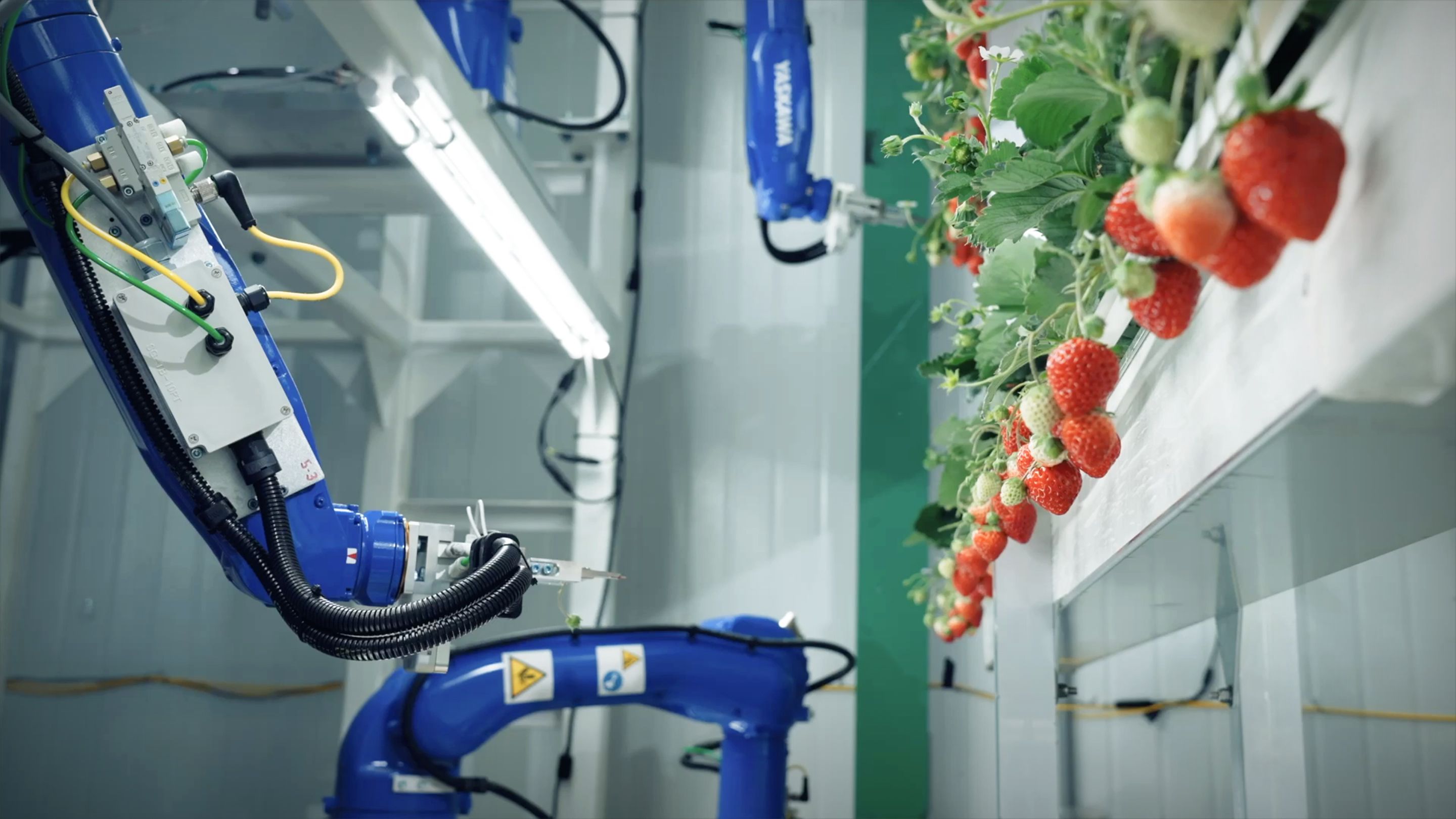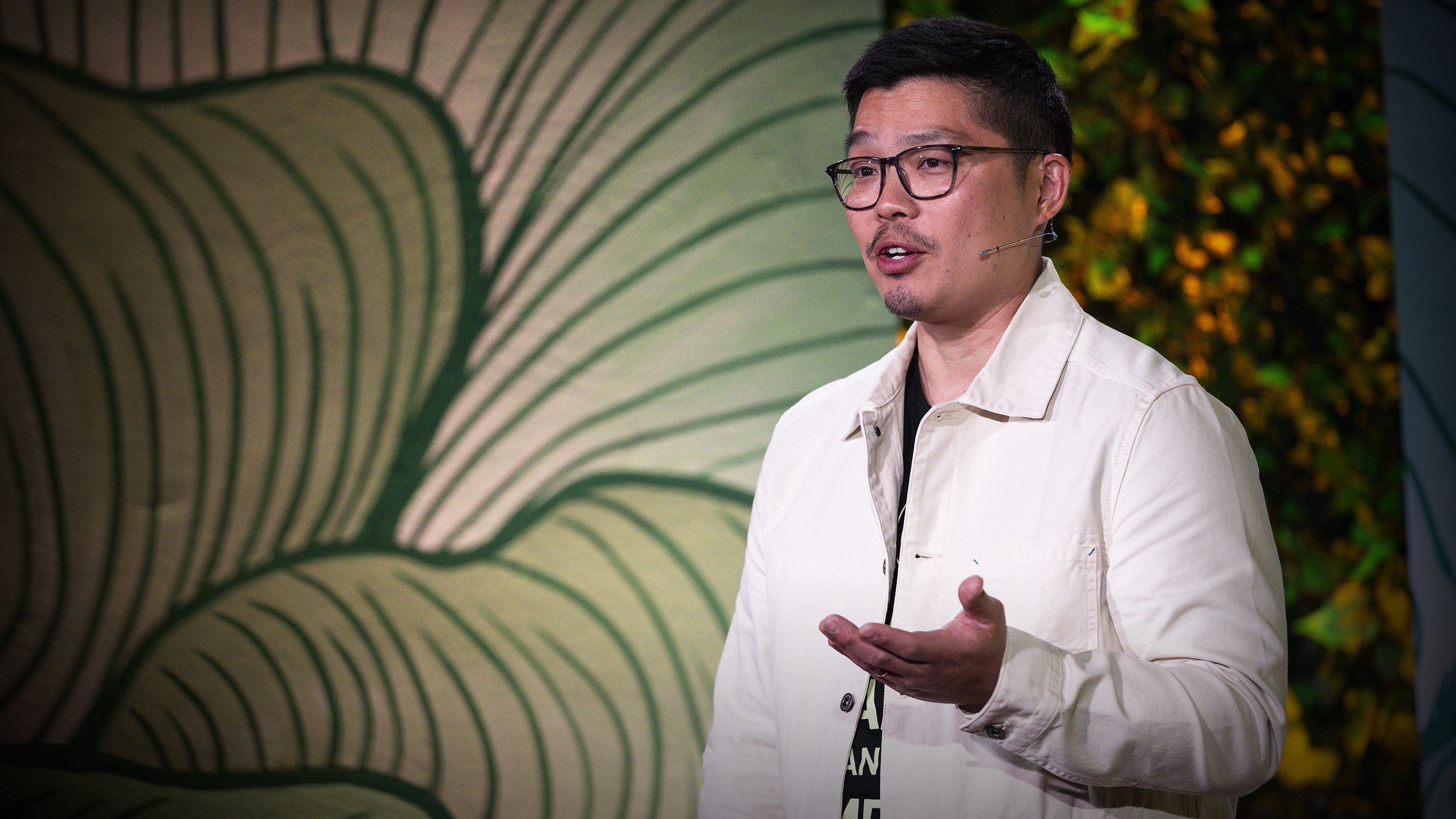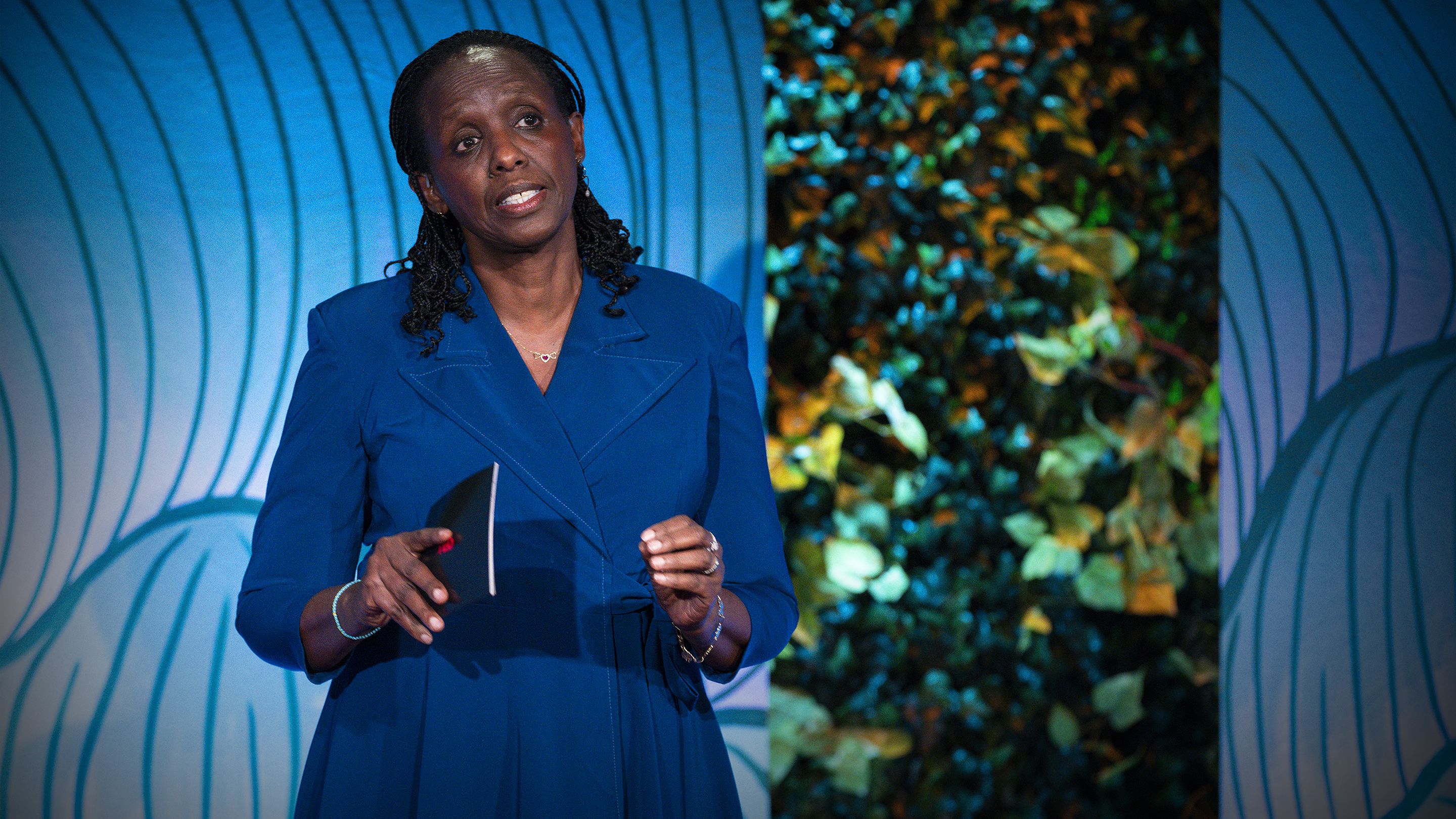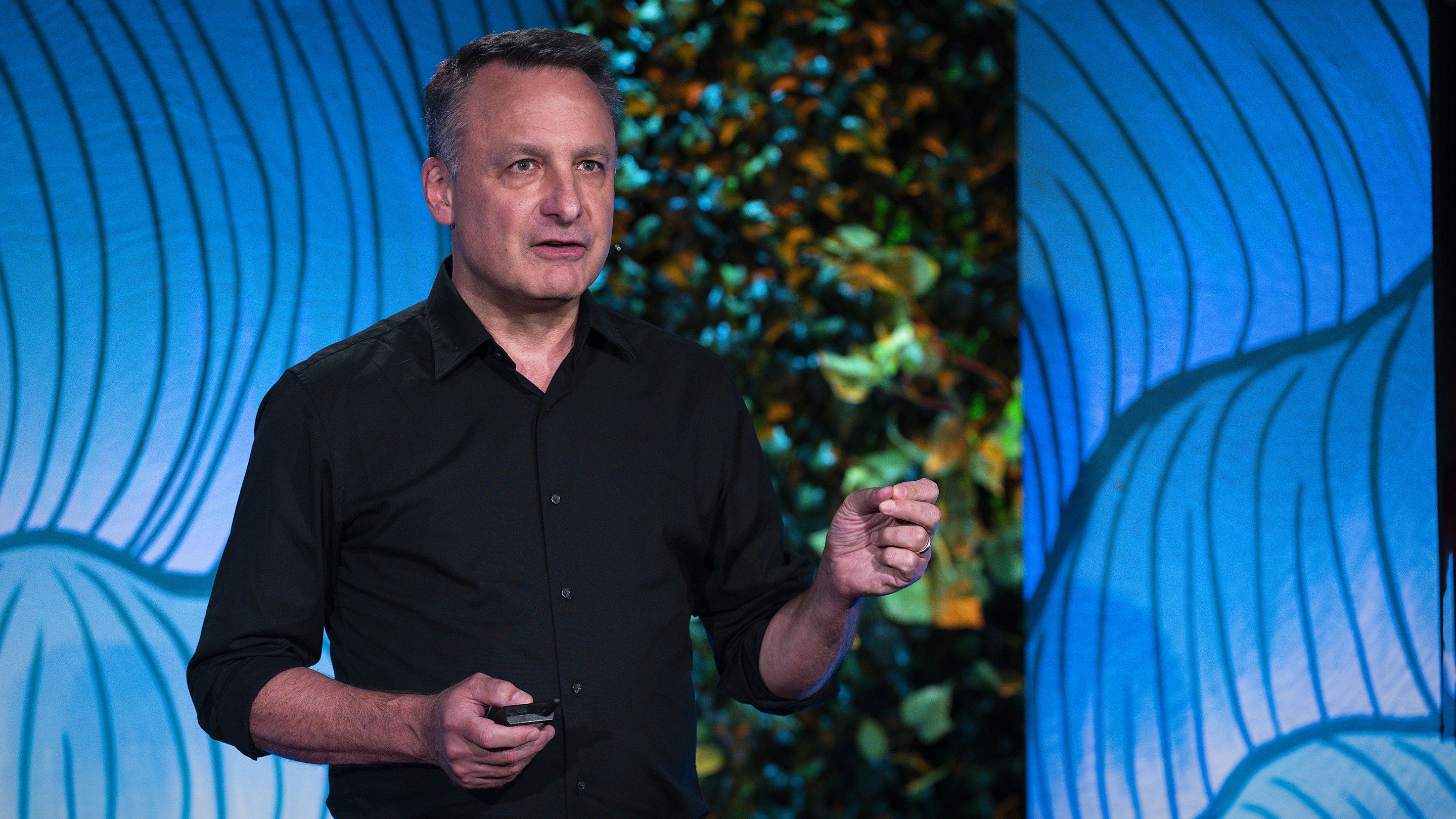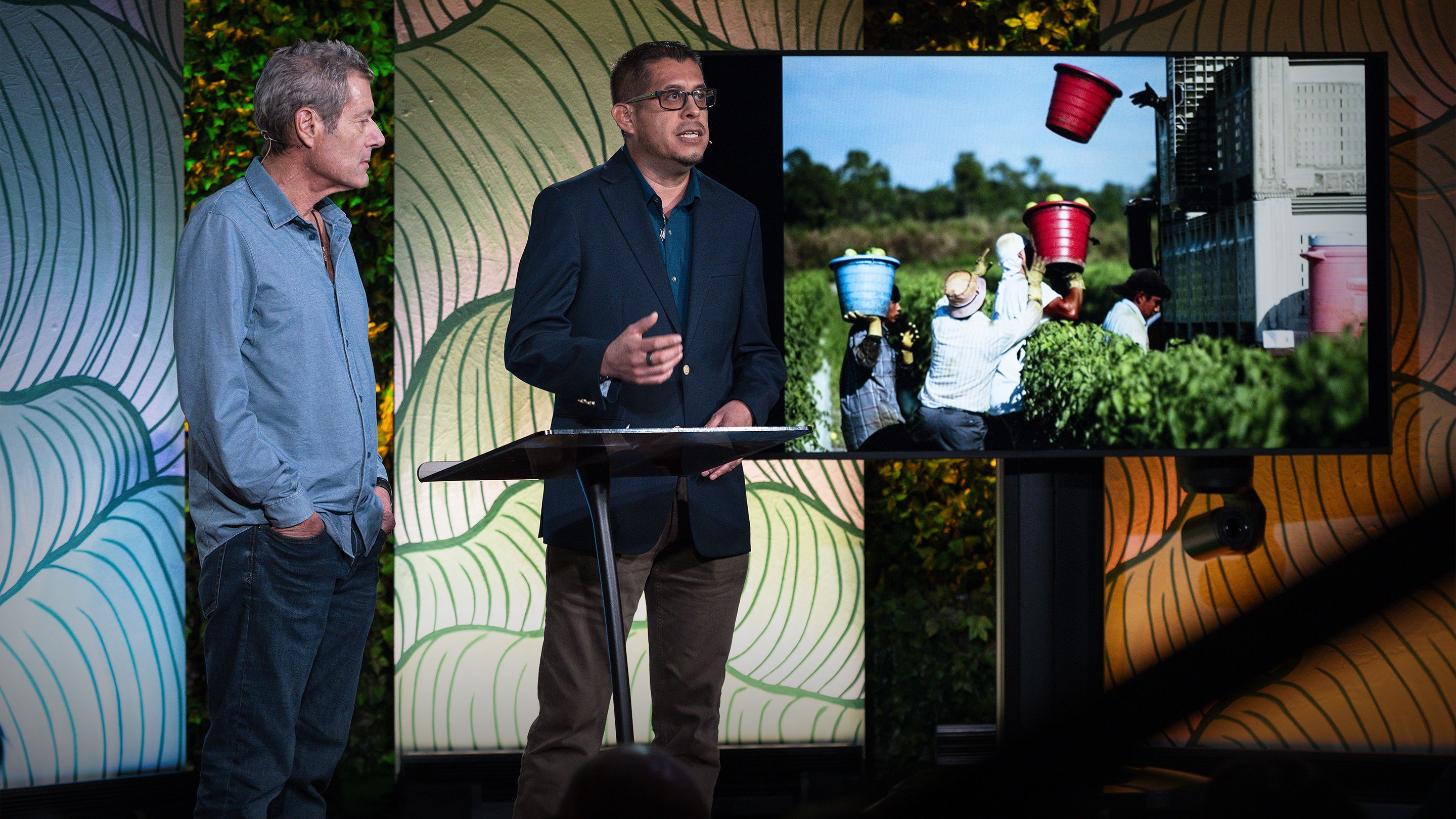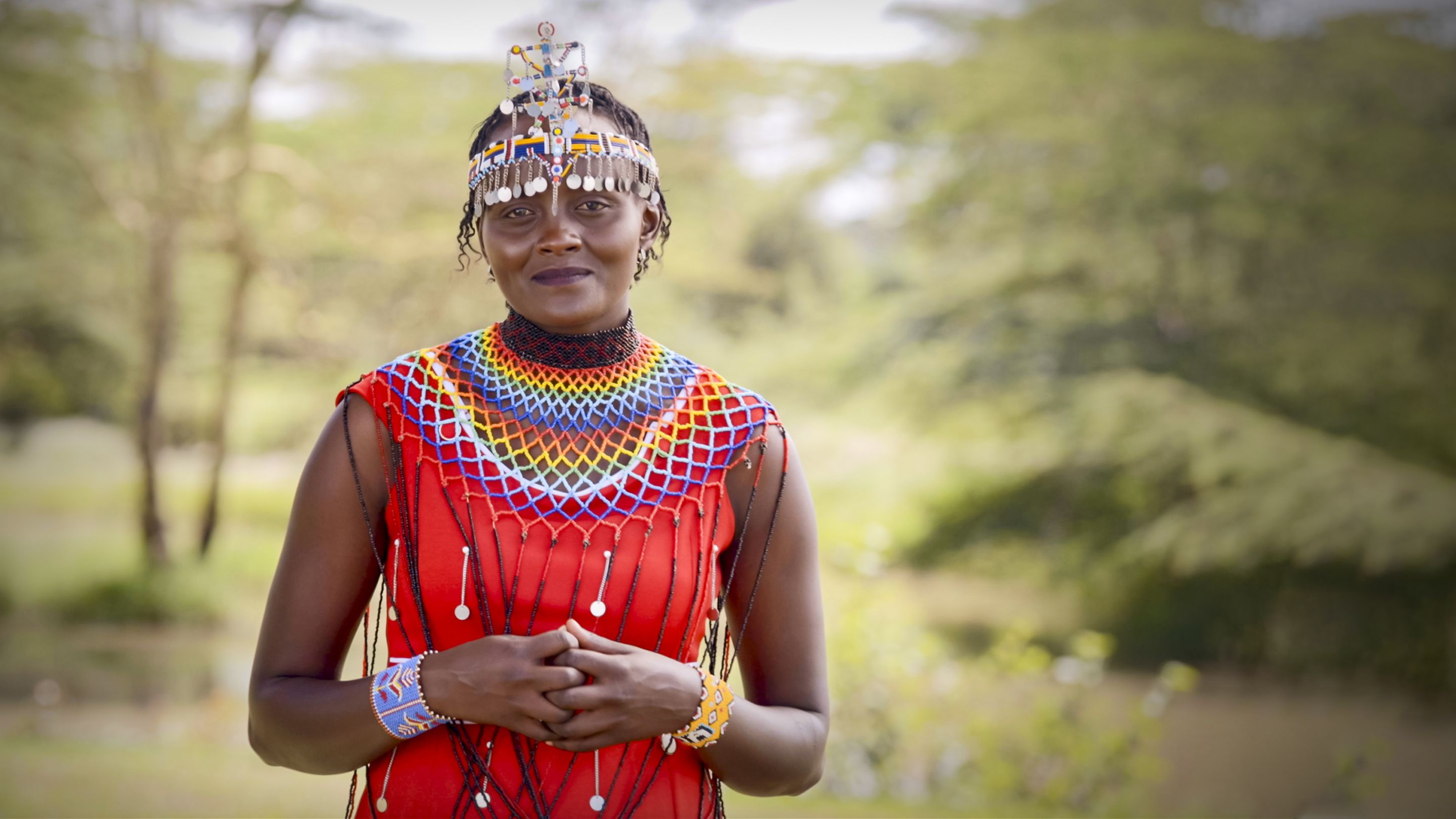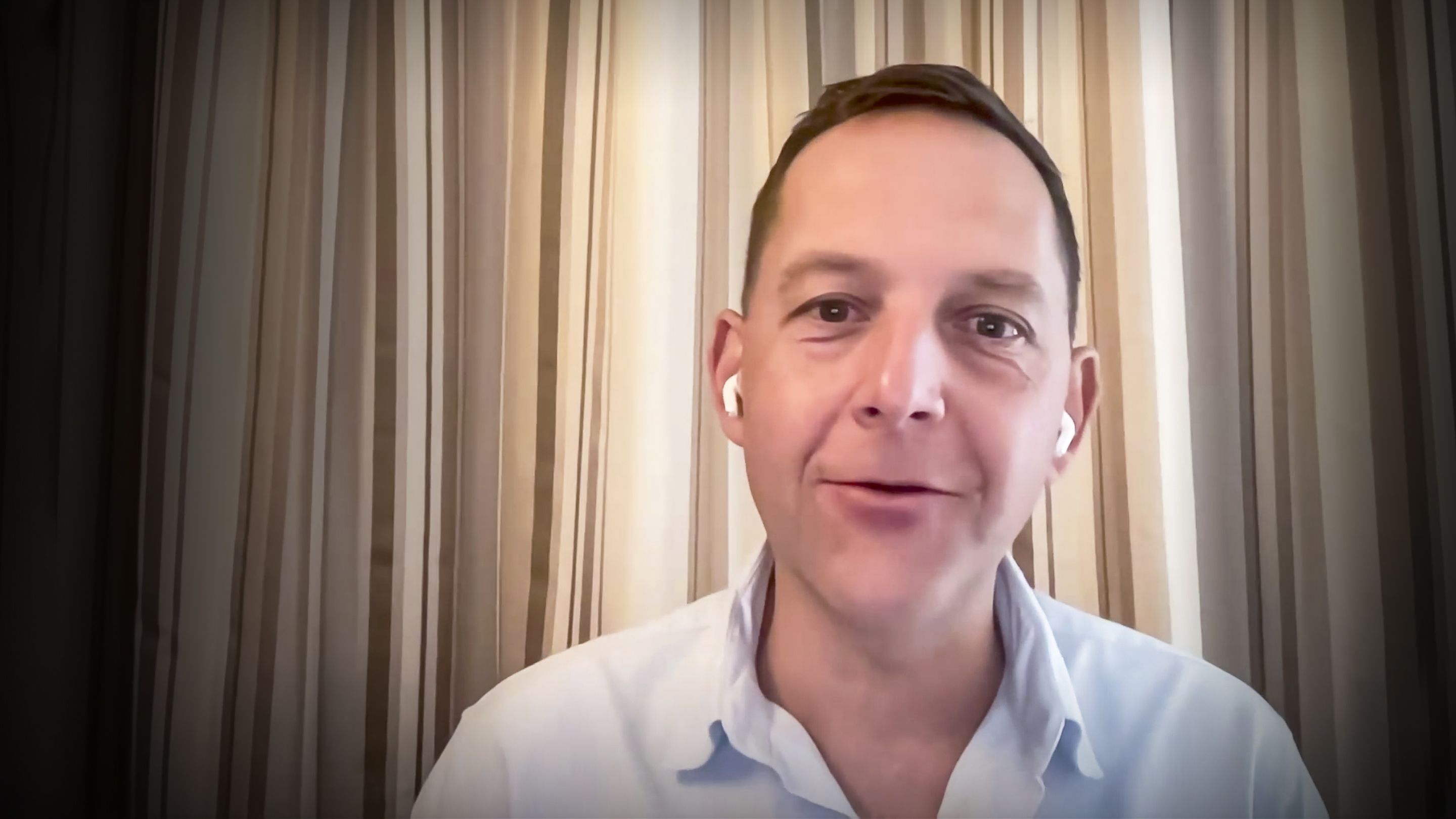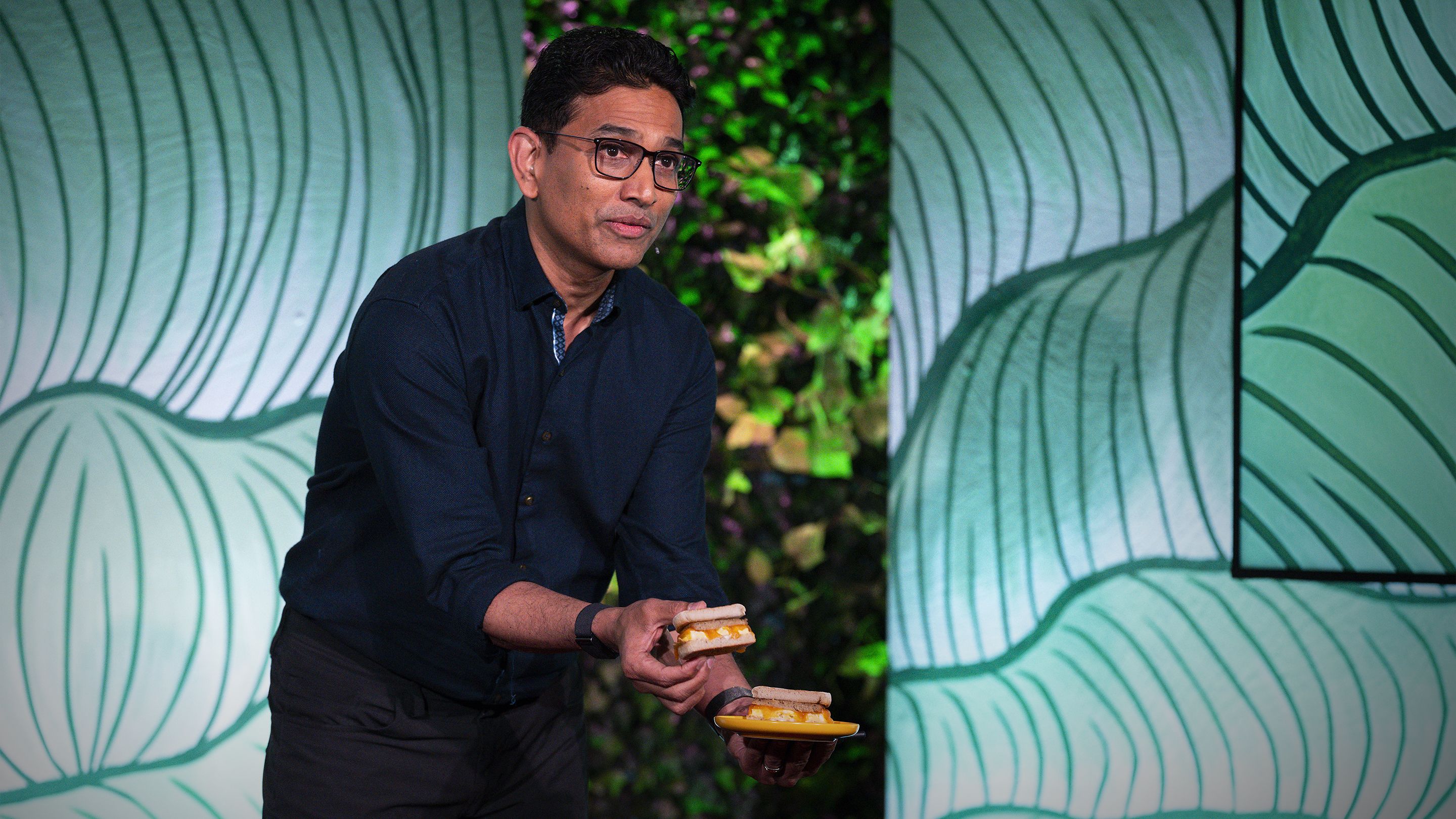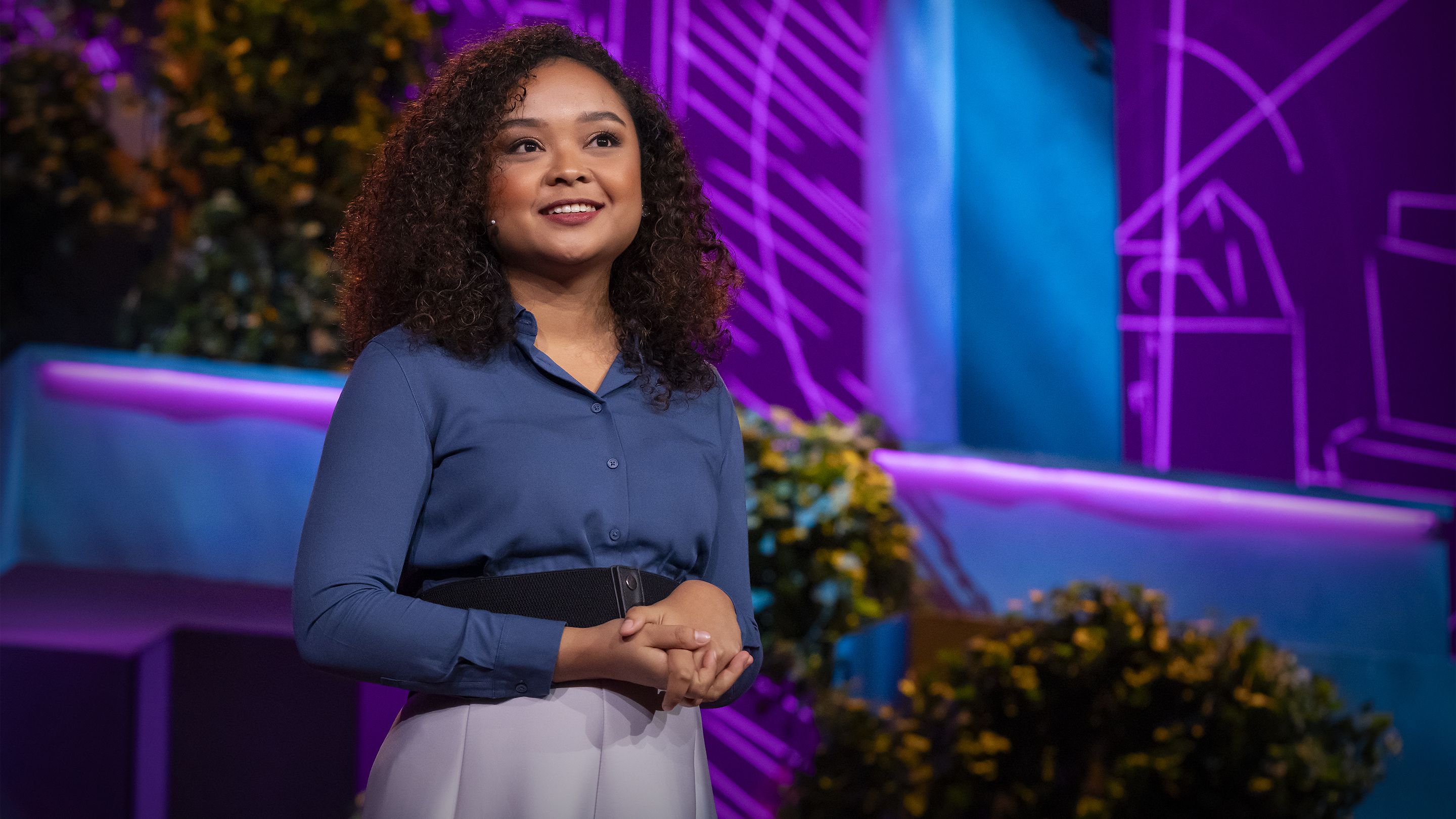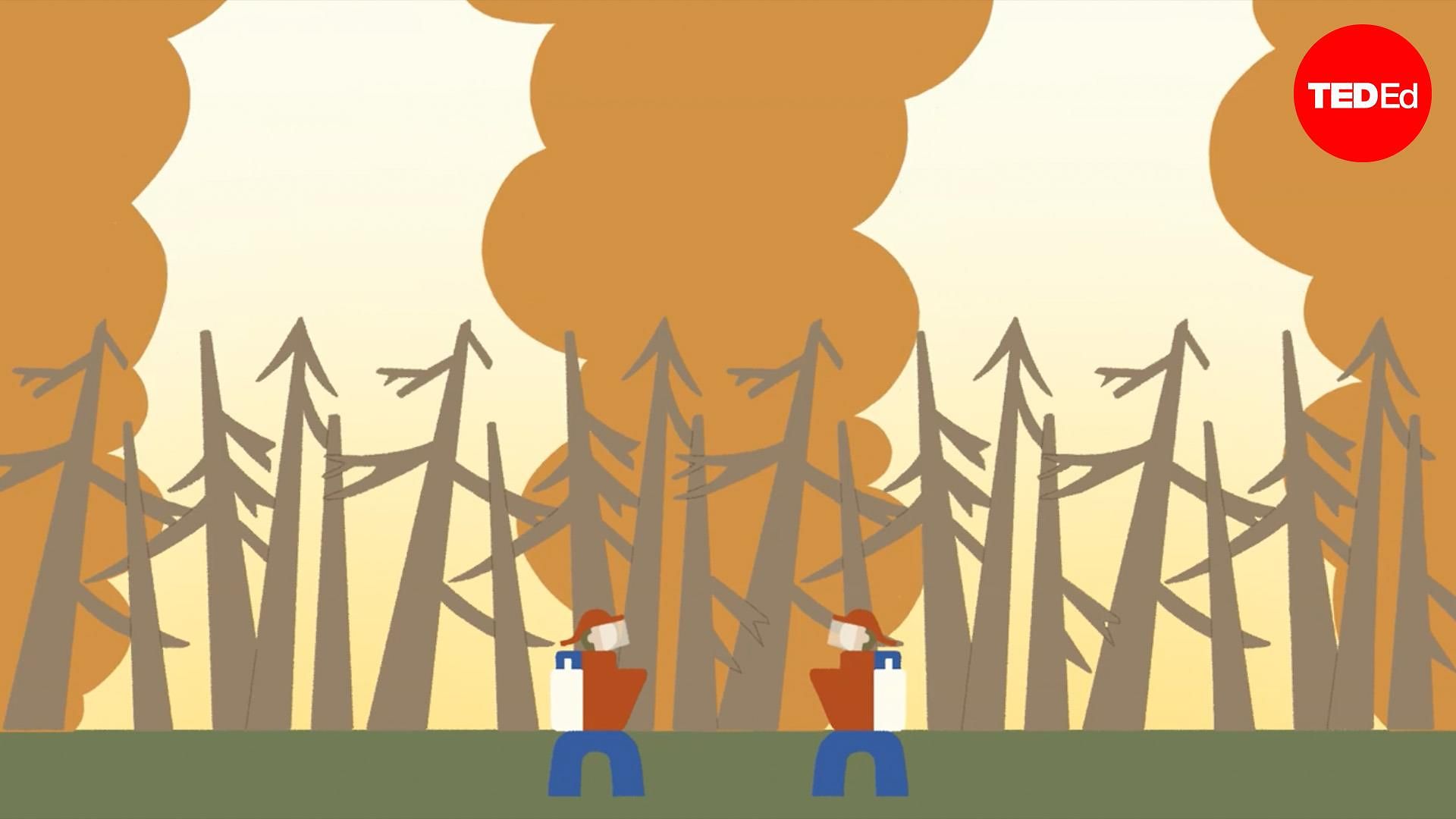Agriculture
A collection of TED Talks (and more) on the topic of Agriculture.
Video playlists about Agriculture
Talks about Agriculture
See all talks on Agriculture
Exclusive articles about Agriculture
8 mouthwatering TV shows and movies about the future of food and our planet
Feeding the world's 8 billion people requires a lot of Earth's resources -- so how can we do it more sustainably? From tackling systemic issues like food waste to learning how to cook delicious plant-based recipes at home, these shows and movies are all about the power of our plates.
Posted Nov 2022
From fake meat to cow burps: 5 ways to use seaweed to tackle climate change
From solar panels to electric vehicles, all sorts of exciting technologies are being used to address the climate crisis. But some solutions already exist in the natural world. Seaweed -- yes, seaweed -- could help us absorb carbon emissions, generate marine protein and replace petroleum-based products.
Posted Sep 2021
Insects, fungi and algae — climate-friendly foods that could be headed to your dinner plate
Climate change is destabilizing agriculture and our global food systems. So how do we continue to feed the people of the world while also reducing greenhouse gas emissions? These unconventional foods might just be part of the solution.
Posted Jul 2021
